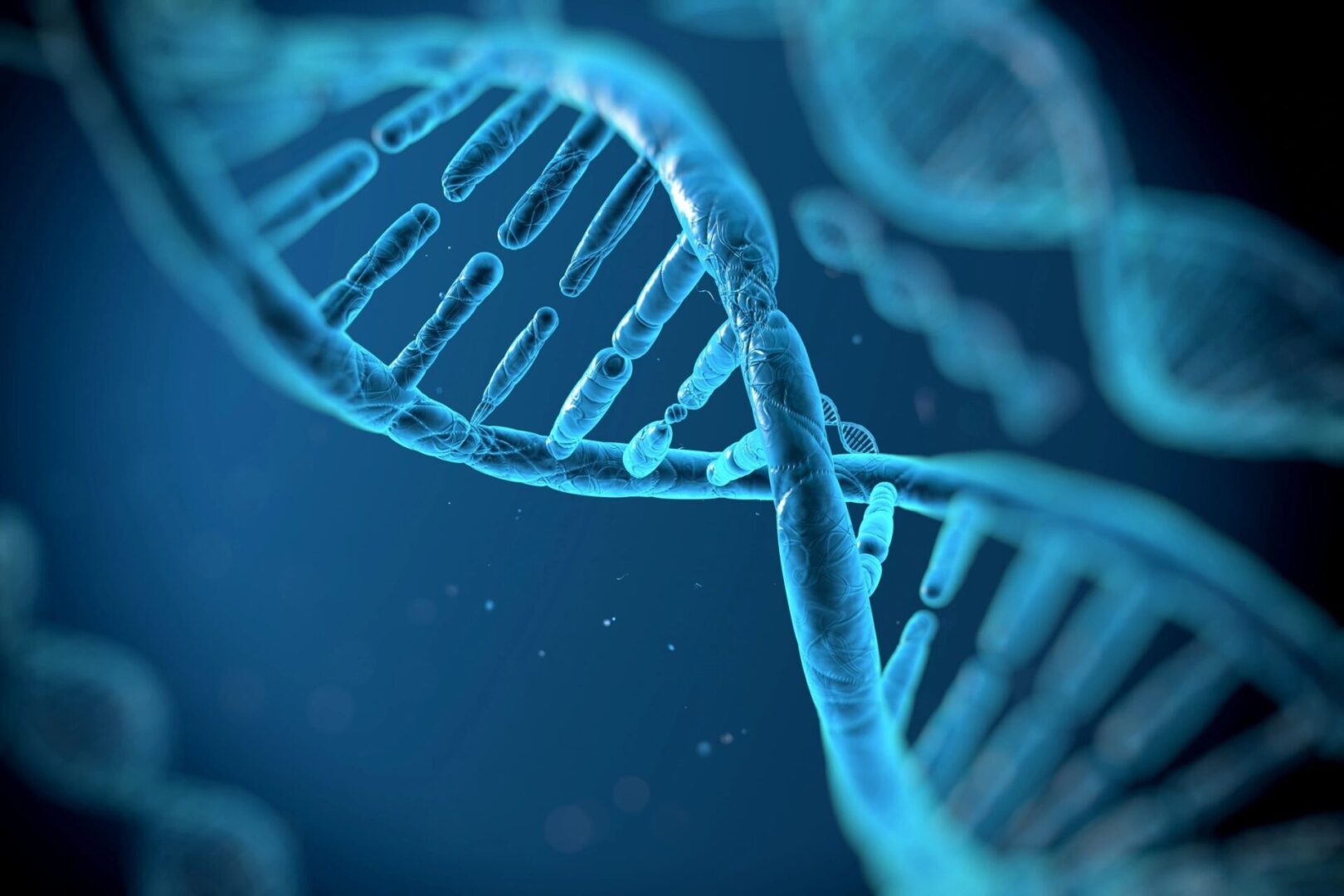
What is Peptide therapy?
Peptide therapy is a newly emerged science that helps to achieve different kinds of body metamorphoses – internal and external. In layman's terms, peptides are small proteins comprised of short chains of amino acids that the body uses as hormones and signaling molecules for biological pathways.
These proteins are responsible for the way your body functions. Your weight loss, your sexual competence, and even your digestion processes are partially controlled by these proteins. In peptide therapy, the body mimics the functions of naturally occurring peptides to emulate certain abilities in targeted areas.
Although peptide therapy is fairly new, as of 2015, there were over 60 US FDA-approved peptide medications, 140 peptide drugs being evaluated in clinical trials, and 500 in pre-clinical development. This is a science society that has been waiting for a long time.
Since peptides vary in structure and number, their effects vary as well. Peptide therapy has been used to treat age-related conditions, osteoporosis, obesity, inflammatory disease, and even neuropathy issues. This type of therapy provides a far less invasive alternative to medicines and procedures we have become all too familiar and complacent with.
Additionally, since the body is already accustomed to these peptides, they are synthesized, naturally causing less strain. Consider how your body processes naturally occurring peptides, like insulin and endorphins. Peptide therapy does not introduce the body to anything foreign, which is what makes this type of therapy so scientifically sound.
Peptide therapies can be made using chemical processes or produced inside genetically modified cells. Many peptide therapies are administered via injection or cream. Since peptide therapy is based on how the body naturally works, there have not been many documented side effects associated with the administration of this type of therapy.
